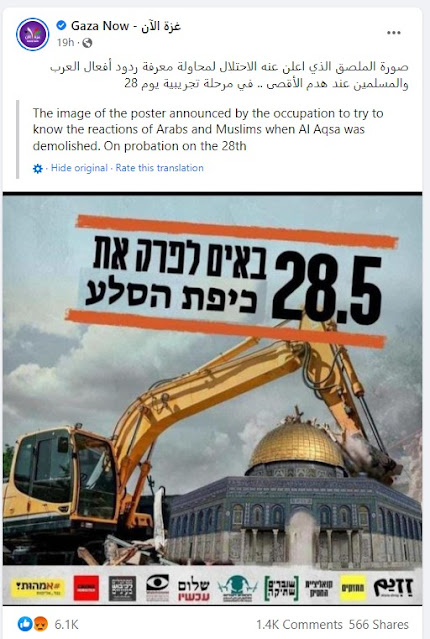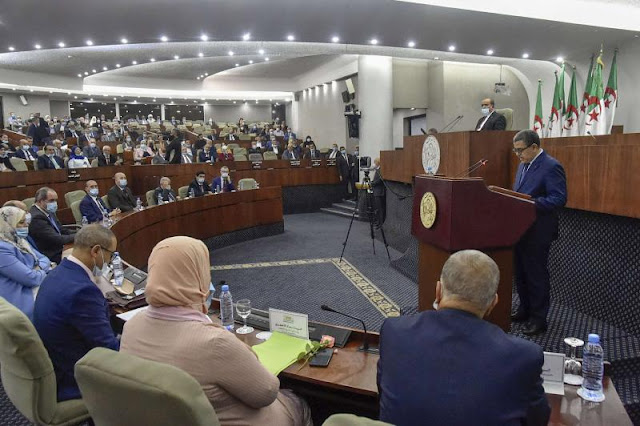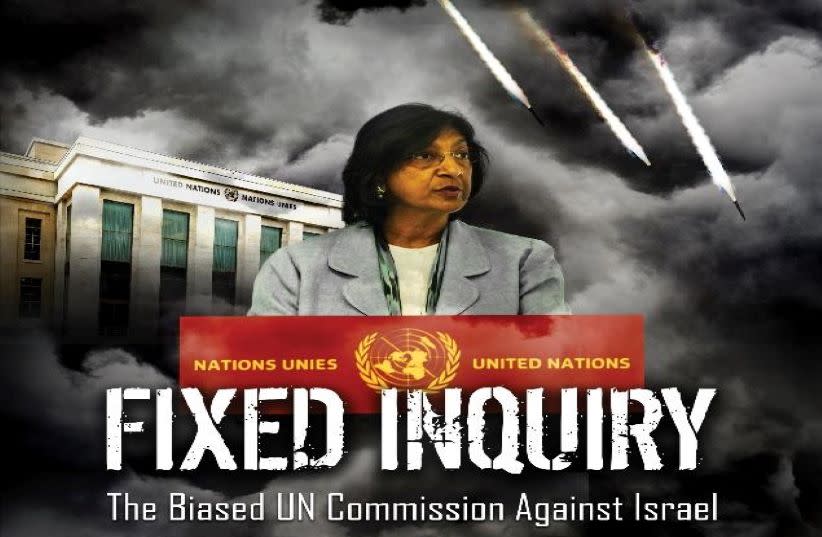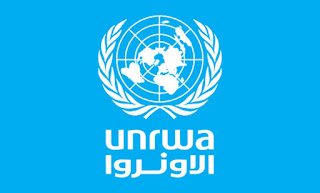By Daled Amos
The corruption of the media and its bias against Israel continued, as expected, following the death of Shireen Abu Akleh.
Today, a week later, where do we stand?
Israel took a beating in the media, which gets more brazen with each
opportunity to attack Israel with fabricated, twisted accounts describing
outbreaks of violence.
Taking their cue from the media,
politicians join in the free-for-all:
How bad is the damage?
Arial Kahana, Israel Hayom's diplomatic correspondent, contrasts Israel's
official response in the death of Abu Akleh with the response to the al-Durrah
incident in September 2000. Israel was slow and clumsy to respond to the death
of the Arab Palestinian boy, which became a huge propaganda victory that
resonates to till today.
This time was different.
At 8 a.m., just one hour after her death, the IDF Spokesperson had already
issued a statement whereby, apparently, the Palestinians themselves murdered
her in the midst of the gunfight. By 9 a.m. his words had been translated to
Arabic and English and sent to international news outlets and foreign
reporters. At the same time, a video was released intended to support the
Israeli claim.
While making clear that a definitive conclusion could not be made without the
fatal bullet, which the Palestinian Authority refused to share with Israel
even in a combined effort, Israel stressed that the case could be made that a
Palestinian shooter could have fired the shot.
As Kahana points out, that is still less than a winning argument. The
Palestinian Arabs and their allies have no scruples about claiming
definitively that an Israeli soldier fired the fatal shot; the best that
Israel will allow itself is to say that maybe a Palestinian Arab was the
shooter.
And yet, the efforts of Israeli spokespeople bore fruit: By 12 noon, most of
the major news outlets in the world had already highlighted the Israeli
position. It wasn't the headline, but Israel's doubts regarding the
Palestinian version of events were at least given expression.
That is the best that Israel could expect from the media. But what about the
international community?
Kahana contrasts two different areas where Israel is fighting to improve its
image: in the media and also diplomatically in the international community.
The important countries essentially fell in line with Jerusalem. Great
Britain, the European Union, and the United Nations simply asked for an
investigation into the incident, and of course, expressed remorse over her
death.
Even Egypt and Jordan didn't adopt the Palestinian version.
Publically or behind the scenes, the Foreign Ministry didn't receive any
reprimands.
The most important country of all, the United States –
even more so because Abu Akleh was a dual US citizen – sufficed with a general
call for an investigation, without blaming either of the sides.
Laza Berman, diplomatic reporter for the Times of Israel, noted that while the
Muslim world condemned the incident,
there was not a rush to specifically place the blame on Israel. In addition to the muted response from Egypt and Jordan, Israel's new
friends in the Abraham Accords also did not blame Israel, while calling for an
investigation.
Then there is Turkey.
Here is the response from Fahrettin Altun, who is both Erdogan’s communications director and a member of Turkey’s
National Security Council:
Turkey has claimed that it wants to repair ties with Israel.
It's a
start.
But then things fell apart at Abu Akleh's funeral.
Following the death of Shireen Abu Akleh in a Jenin firefight between IDF
troops and Palestinian gunmen,
Israeli authorities managed to secure a decent public relations position
– only to have the good will and legitimacy ruined by the Israel Police.
The official public relations stance of the state and military was directly
contradicted by the actions of the police.
At Abu Akleh’s funeral
on Friday, Israel Police reacted to rioters commandeering the coffin and
hurling objects by wading into the crowd with swinging batons – even hitting
those carrying the coffin, almost causing it to fall to the ground. They also
tore Palestinian flags off the hearse.
Videos of the incidents went
online immediately, receiving almost as much attention as the initial videos
of Abu Akleh’s death. [empthasis added]
Gone is the image of responsibility.
Now, instead of just one
investigation, Israel will need to conduct two.
In a war, Israel can never afford to lose.
In a propaganda war,
the immediate stakes may not be as high, but losses take a toll.
Especially one like this.
|
 Buy the EoZ book, PROTOCOLS: Exposing Modern Antisemitism today at Amazon! Buy the EoZ book, PROTOCOLS: Exposing Modern Antisemitism today at Amazon!
Or order from your favorite bookseller, using ISBN 9798985708424.
Read all about it here!
|

|

 Elder of Ziyon
Elder of Ziyon













































